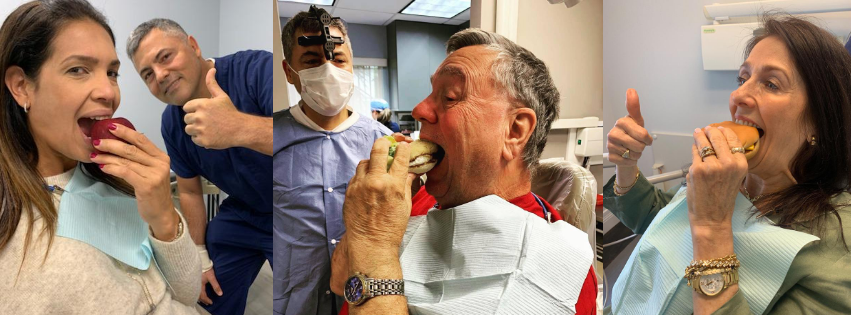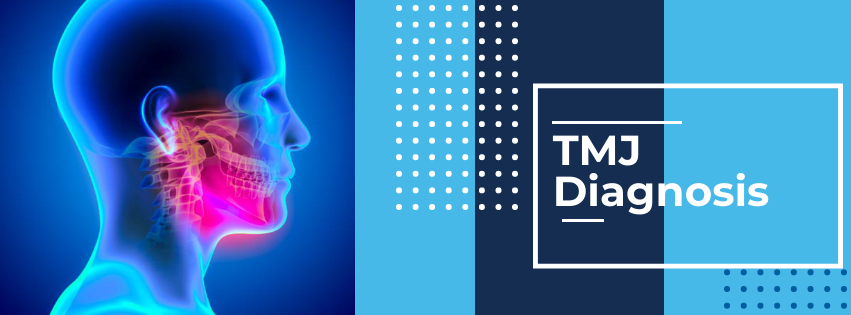A lot has been discussed in this blog about the symptoms of TMJ and the different treatments, including how to manage stress for TMJ and even a quiz to know if you may have TMJ.
But we haven’t explore the diagnosis and how a doctor, or in my case, a dentist, detects the need for treatment.
Here’s what to know:
Diagnosis
First of all, I will discuss your symptoms and examine your jaw, and probably:
- Listen to and feel your jaw when you open and close your mouth
- Observe the range of motion in your jaw
- Press on areas around your jaw to identify sites of pain or discomfort
If I detect there may be a problem, I will recommend:
- Dental X-rays to examine your teeth and jaw
- CT scan to provide detailed images of the bones involved in the joint
- MRI to reveal problems with the joint’s disk or surrounding soft tissue
TMJ arthroscopy is sometimes also used in the diagnosis of a TMJ disorder. During TMJ arthroscopy, your doctor inserts a small thin tube (cannula) into the joint space, and a small camera (arthroscope) is then inserted to view the area and to help determine a diagnosis.
The great news is that once you are in our practice, my team and I will do everything in our power to ensure your TMJ symptoms go away.

Many patients ask me what they can do to alleviate these at home, with simple changes.
Lifestyle and home remedies
Becoming more aware of tension-related habits — like clenching your jaw, grinding your teeth or chewing pencils — will help you reduce their frequency. The following tips may help you reduce symptoms of TMJ disorders:
- Avoid overuse of jaw muscles. Eat soft foods. Cut food into small pieces. Steer clear of sticky or chewy food. Avoid chewing gum.
- Stretching and massage. Your doctor, dentist or physical therapist may show you how to do exercises that stretch and strengthen your jaw muscles and how to massage the muscles yourself.
- Heat or cold. Applying warm, moist heat or ice to the side of your face may help alleviate pain.
Source: Mayoclinic.org

